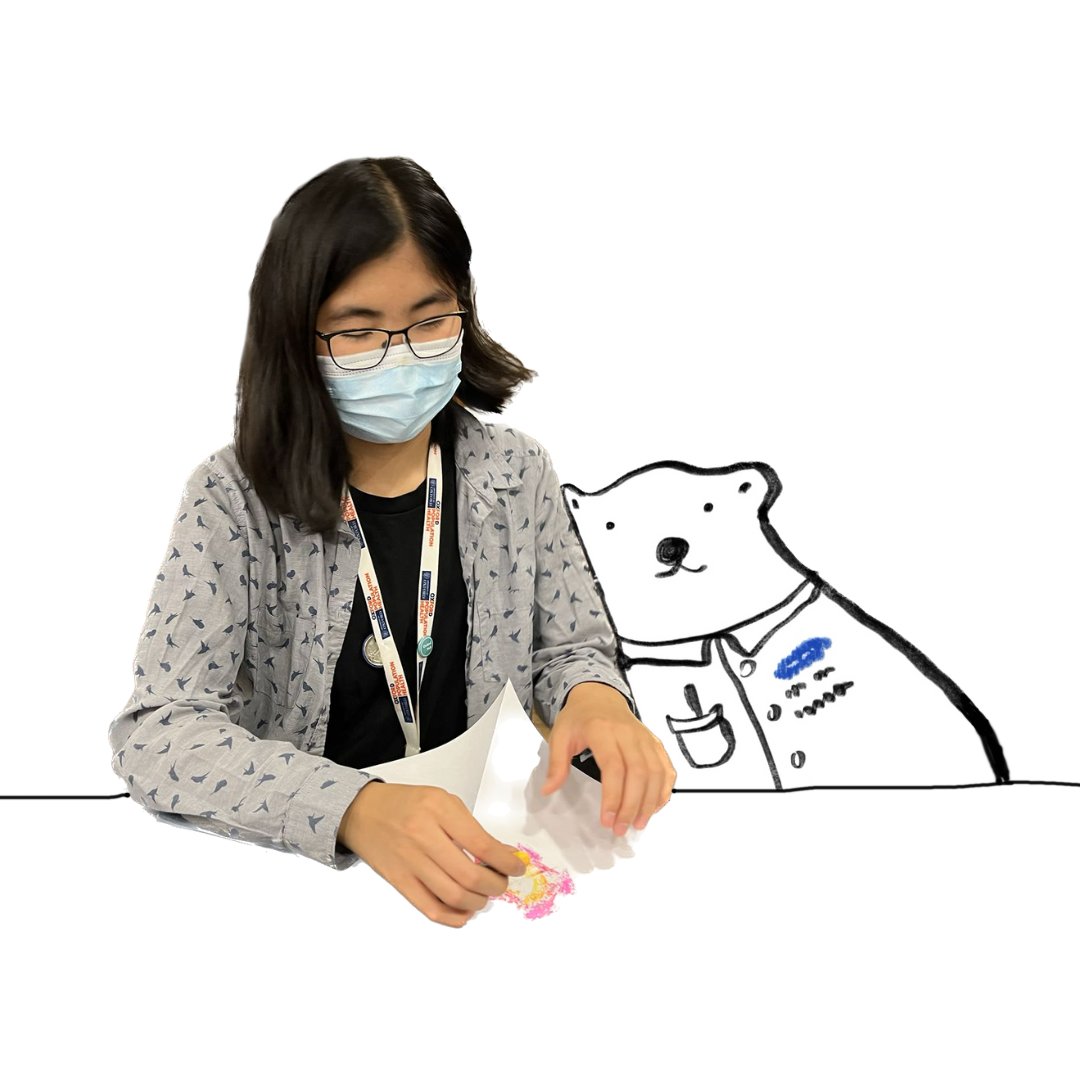Seeing the pictures
Published:
Seeing the pictures
Yesterday, I walked by a two-story building
on the edge of a London retail district.
A woman with electric hair waved me
in from the biting chill. I said I was
there to say thank you. The portraits on
the walls almost looked like people I love.
I decided to ask if they took walk-ins.
I tried orange squash for the first time.
It did not taste like a squash. I drank
almost a litre. I wondered if I had become
a new state of matter. Someone dressed in
blue gave me a booklet to read. Someone else
pricked my finger and asked where I had lived
every year since I was born.
I had to say my name and birthday and address
every time I did something new. I managed not
to forget them. Someone felt the crooks of my
left elbow and right elbow. They decided my
left side was best. I watched as they slid in
a silver needle. They told me to squeeze my
buttocks tight. They watched me do it too.
I was busy texting. When I heard a beep,
I thought something was wrong. But it just
meant they had taken all they needed from me.
They told me to stay lying down and to keep
squeezing my buttocks. They kept watching too.
They stuck a bandage and tape to the crook
of my elbow. I always forget to shave there.
I surprised myself yesterday. I make plans
for everything. Seeing the pictures was
not my plan. I was nervous sometimes, but I
kept talking and squeezing my buttocks.
The next time I give a presentation,
I will try that again.
London has given me new life.
I had to give something back.
Postscript
This was my first successful donation in more than two years, a “lapsing” period which the English blood service treats as approximately equivalent to a first-time donation. I approached the process with as much excitement and trepidation as I did all that time ago. If you are interested in giving blood for the first time, please read about the process and eligibility criteria via your local blood collection agency’s website. Here’s the link for England!
As a researcher working on blood donor health, it’s important for me to understand how the evidence we gather can be applied to real-world practice. I don’t believe that having donor experience is integral to my understanding of my field because qualified researchers should have the chance to excel regardless of whether they fulfil blood service requirements. However, I enjoy these occasional forays “into the field” because I can generate new ideas about how we engage with our study participants and learn about how our research is perceived and/or operationalised by donation centres.
